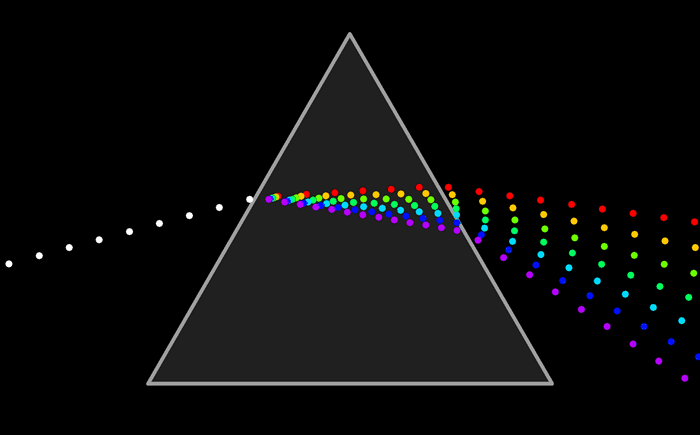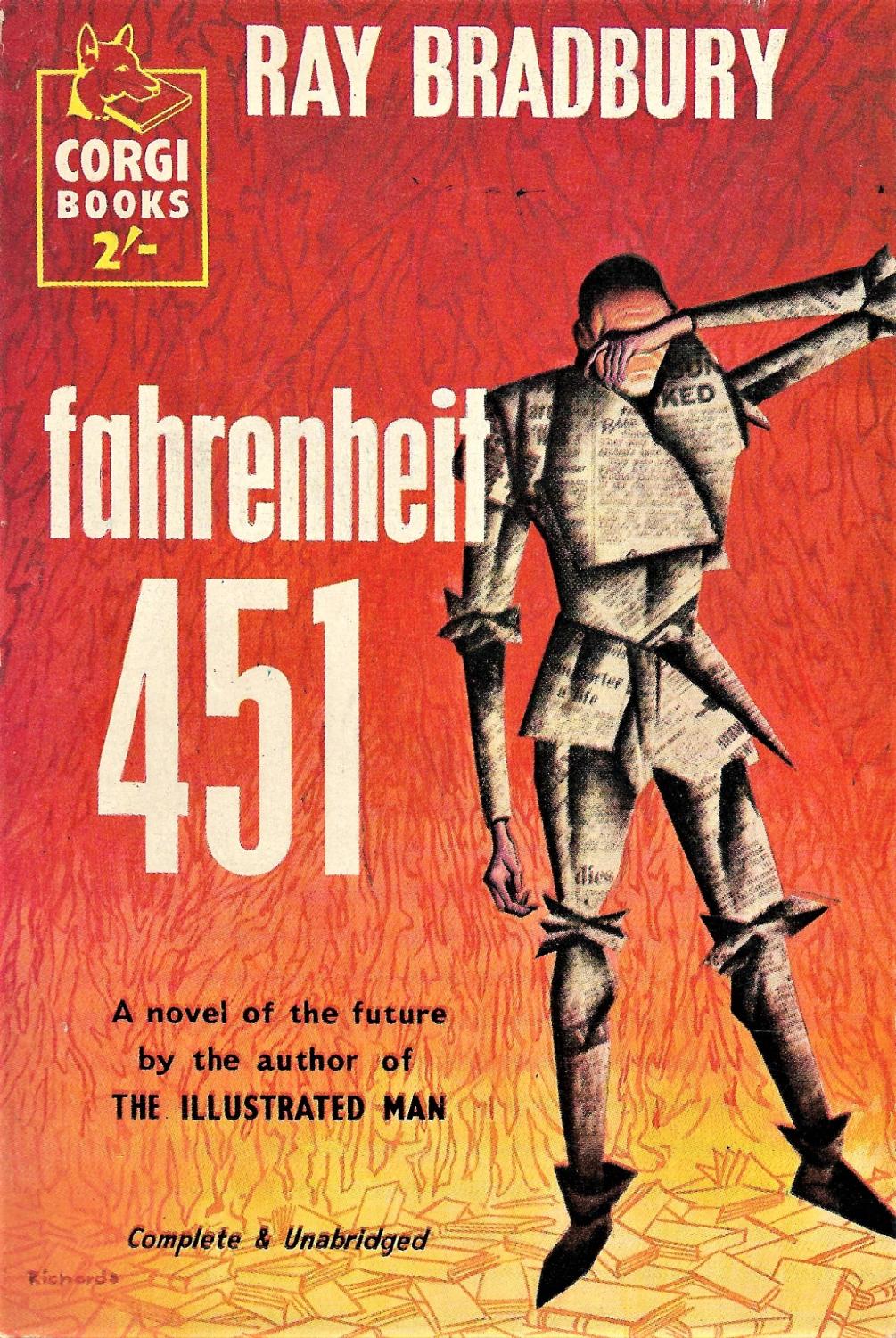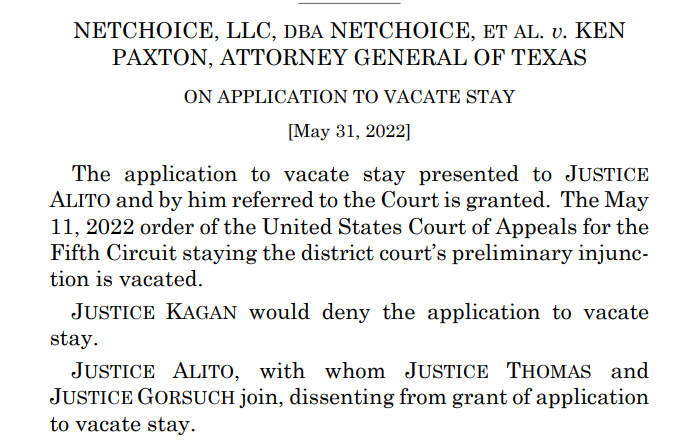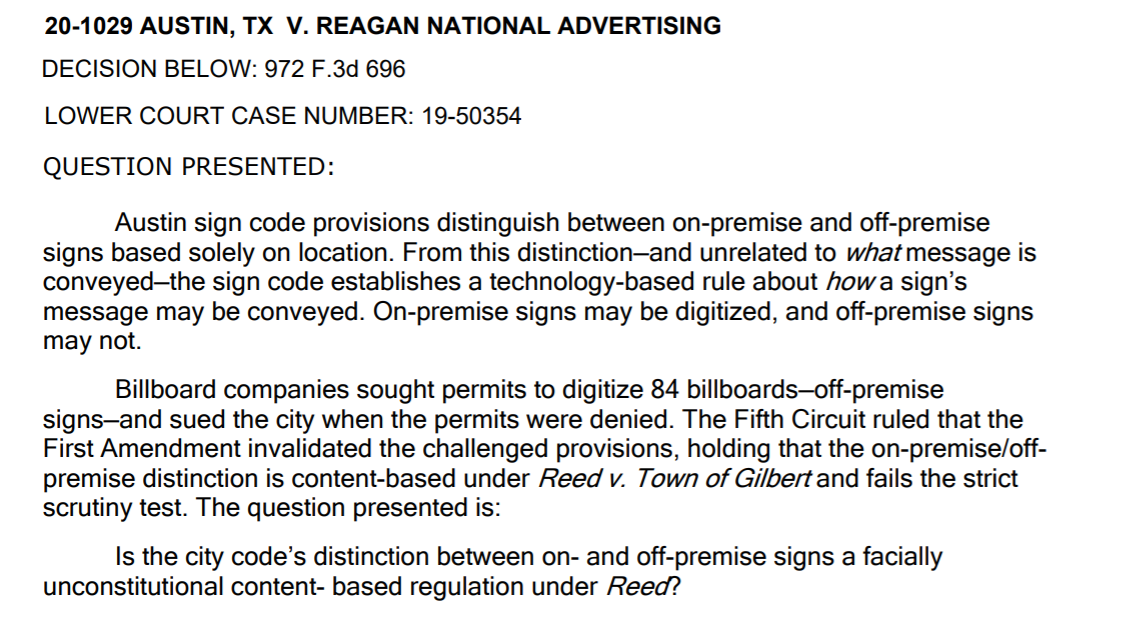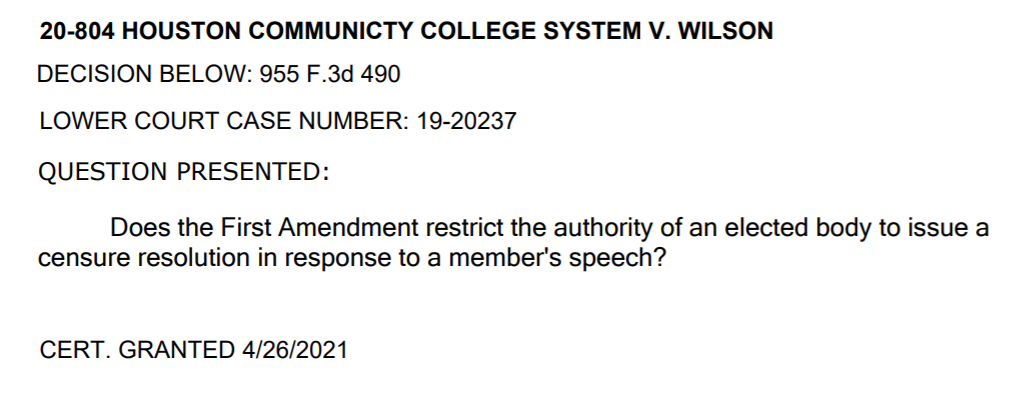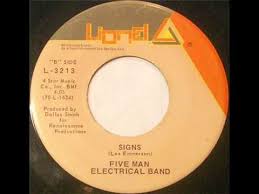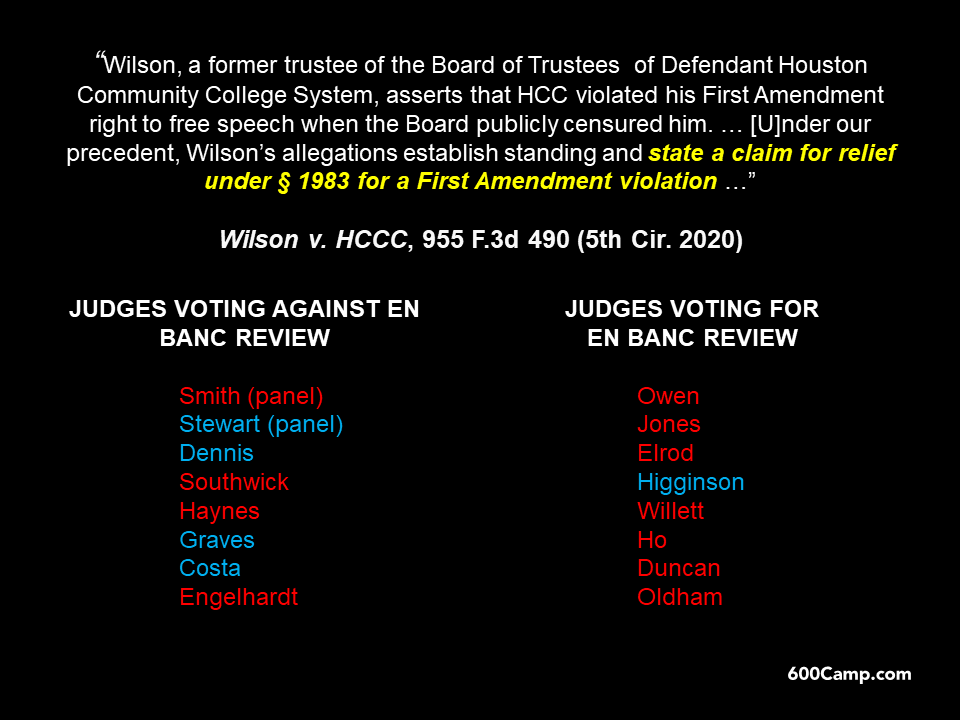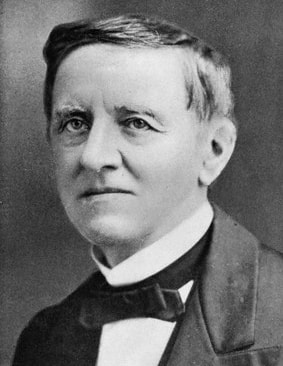 Emboldened by the Supreme Court upholding age verification for adult sites in Free Speech Coalition, Inc. v. Paxton, 606 U.S. 461 (2025),Texas chose to impose age-verification requirements for online app purchases. A district court enjoined that law and its ruling is now on appeal to the Fifth Circuit.
Emboldened by the Supreme Court upholding age verification for adult sites in Free Speech Coalition, Inc. v. Paxton, 606 U.S. 461 (2025),Texas chose to impose age-verification requirements for online app purchases. A district court enjoined that law and its ruling is now on appeal to the Fifth Circuit.
Specifically, in Computer & Communications Industry Ass’n v. Paxton, the district court held thatTexas’s SB 2420 is a content-based regulation of speech subject to strict scrutiny. The court noted that the statute’s coverage turns on what speech is provided by an app—exempting, for example, nonprofit apps offering emergency services or standardized testing—and thus “defin[es] regulated speech by particular subject matter.” It distinguished the adult-entertainment law by describing SB 2420’s sweeping restrictions across virtually all apps, including ones involving constitutionally protected news, education, and entertainment.
Applying strict scrutiny, the court held that the statute is overbroad and underinclusive—blocking minors from virtually all apps, even while the same content remains available through preloaded browsers or offline channels—and Texas offered no evidence that most covered apps cause the harms the State invoked. The court also noted less speech-restrictive alternatives, such as education and voluntary tools, rather than mandating universal age verification and individualized parental consent for all downloads and in-app purchases. No. 1:25-cv-01660-RP (W.D. Tex. Dec. 23, 2025.

